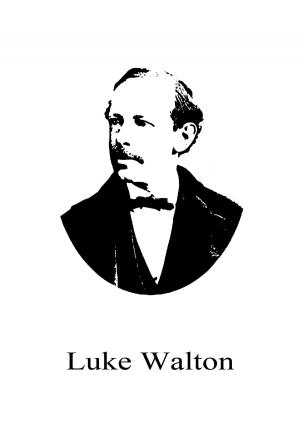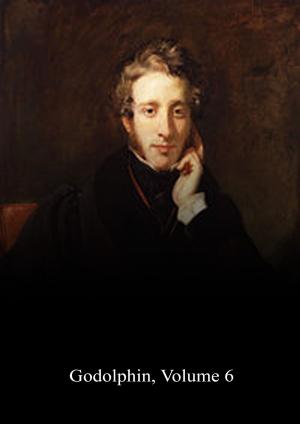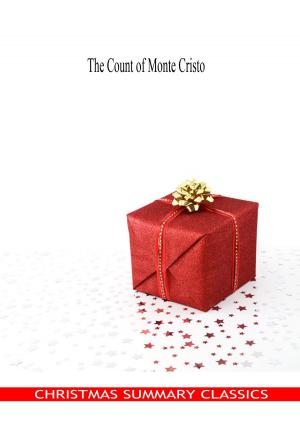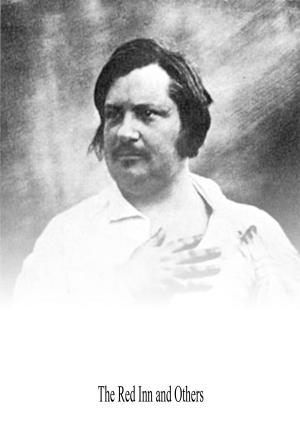| Author: | Arthur Young | ISBN: | 1230000037121 |
| Publisher: | Zhingoora Books | Publication: | December 6, 2012 |
| Imprint: | Language: | English |
| Author: | Arthur Young |
| ISBN: | 1230000037121 |
| Publisher: | Zhingoora Books |
| Publication: | December 6, 2012 |
| Imprint: | |
| Language: | English |
Christmas Summary Classics
This series contains summary of Classic books such as Emma, Arne, Arabian Nights, Pride and prejudice, Tower of London, Wealth of Nations etc. Each book is specially crafted after reading complete book in less than 30 pages. One who wants to get joy of book reading especially in very less time can go for it.
ARTHUR YOUNG
Travels in France
I.—The First Journey, 1787
Arthur Young was born September 11, 1741, at Whitehall; died April 20, 1820. Most of his life was spent on his patrimonial estate at Bradfield Hall, near Bury St. Edmunds, England. He was the son of the Rev. Dr. Arthur Young, rector of Bradfield, Prebendary of Canterbury Cathedral, and Chaplain to Arthur Onslow, Speaker of the House of Commons. On his father's death he took to farming, but at the same time addicted himself to literature, becoming a parliamentary reporter. Arthur Young was indeed much more successful in literary pursuits than in the practice of husbandry. His book entitled "A Tour Through the Southern Counties of England" achieved great popularity. This he actively followed by writing other works describing agricultural conditions in various parts of England, and in Ireland. His vivid and interesting style secured for his treatises a very wide circulation. In 1784 he commenced the issue of an annual register entitled "The Annals of Agriculture" of which 45 volumes were published. Three years later an invitation from the Comte de la Rochefoucauld induced Young to visit France. He went a second and a third time, and created a sensation by the publication of an account of his experiences during the three consecutive years that immediately preceded the Revolution. Arthur Young travelled on horseback through many districts of France in the midst of the disturbances. So realistic is his account that it is regarded as the most reliable record ever written of the French rural conditions of that period. The French Directory ordered all Young's works to be translated into French, and they are as popular as ever to-day across the Channel
Christmas Summary Classics
This series contains summary of Classic books such as Emma, Arne, Arabian Nights, Pride and prejudice, Tower of London, Wealth of Nations etc. Each book is specially crafted after reading complete book in less than 30 pages. One who wants to get joy of book reading especially in very less time can go for it.
ARTHUR YOUNG
Travels in France
I.—The First Journey, 1787
Arthur Young was born September 11, 1741, at Whitehall; died April 20, 1820. Most of his life was spent on his patrimonial estate at Bradfield Hall, near Bury St. Edmunds, England. He was the son of the Rev. Dr. Arthur Young, rector of Bradfield, Prebendary of Canterbury Cathedral, and Chaplain to Arthur Onslow, Speaker of the House of Commons. On his father's death he took to farming, but at the same time addicted himself to literature, becoming a parliamentary reporter. Arthur Young was indeed much more successful in literary pursuits than in the practice of husbandry. His book entitled "A Tour Through the Southern Counties of England" achieved great popularity. This he actively followed by writing other works describing agricultural conditions in various parts of England, and in Ireland. His vivid and interesting style secured for his treatises a very wide circulation. In 1784 he commenced the issue of an annual register entitled "The Annals of Agriculture" of which 45 volumes were published. Three years later an invitation from the Comte de la Rochefoucauld induced Young to visit France. He went a second and a third time, and created a sensation by the publication of an account of his experiences during the three consecutive years that immediately preceded the Revolution. Arthur Young travelled on horseback through many districts of France in the midst of the disturbances. So realistic is his account that it is regarded as the most reliable record ever written of the French rural conditions of that period. The French Directory ordered all Young's works to be translated into French, and they are as popular as ever to-day across the Channel

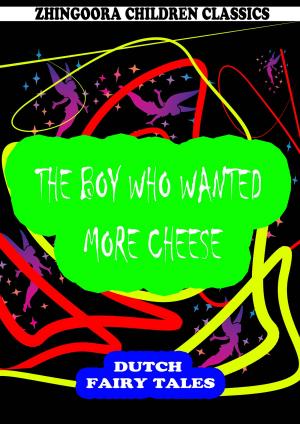
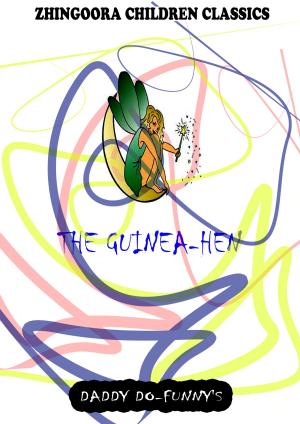
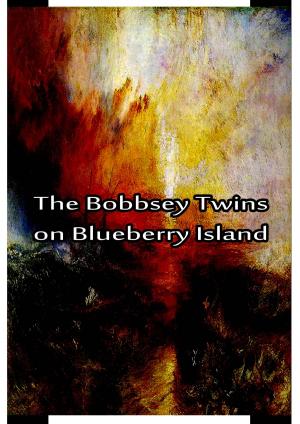
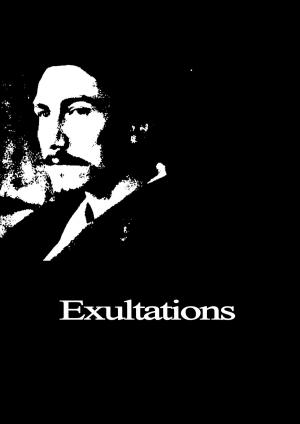
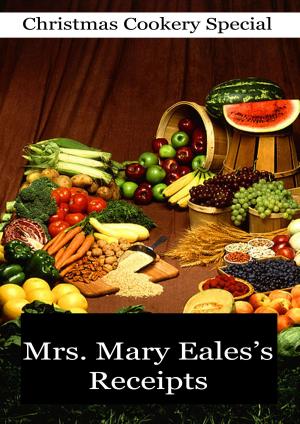
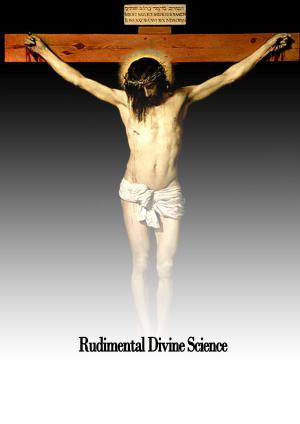
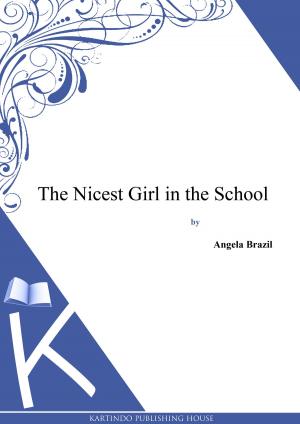
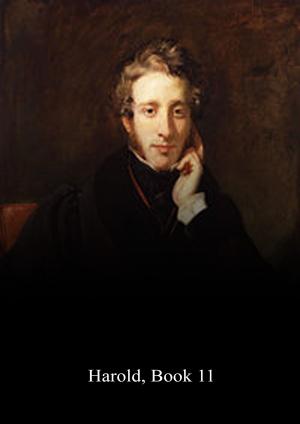
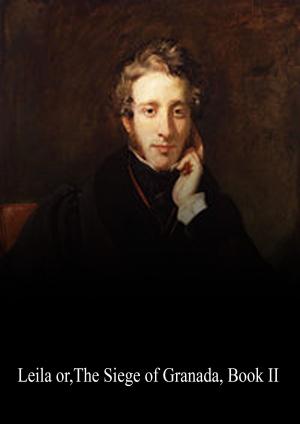
![Cover of the book Evenings At Donaldson Manor OR, The Christmas Guest [Christmas Summary Classics] by Arthur Young](https://www.kuoky.com/images/2012/october/300x300/1230000024192-dFDv_300x.jpg)

